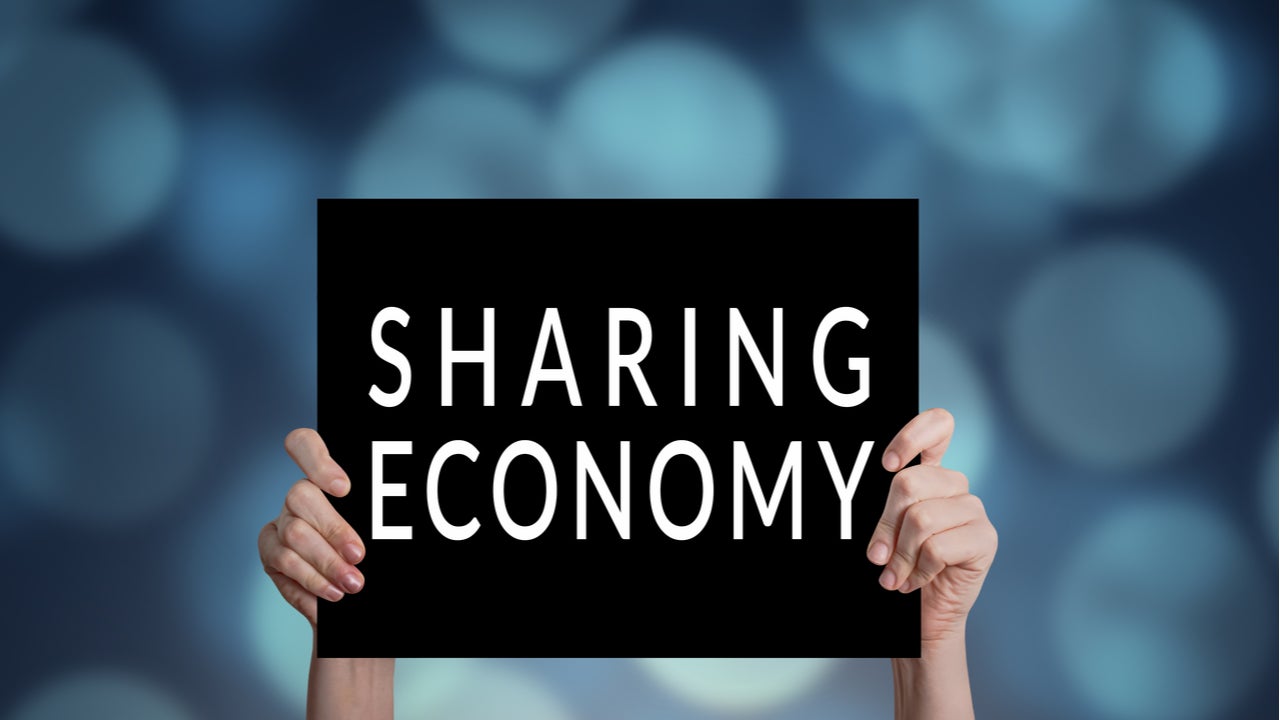Though the sharing economy provides several benefits, it can also impact businesses and individuals negatively. Companies in the sharing economy use information from customers and suppliers to provide tailored services. They collect and store a significant amount of sensitive information, including location data, internet browsing history, and shopping habits. This can lead to data privacy issues.
Listed below are the regulatory trends impacting the sharing economy theme, as identified by GlobalData.
Carbon emissions
The auto industry is led by regulation as much as it responds to consumer demand. From Corporate Average Fuel Economy (CAFE) regulations in the US to Regulation (EU) 2019/631 setting CO2 emission performance standards in the EU and the Bharat regulations in India, all have shaped the average CO2 emission performance standards for the sale of new passenger cars and light trucks.
Studies conducted by the Transportation Sustainability Research Center (TSRC) and PBL Netherlands Environmental Assessment Agency suggest that carsharing reduces the number of cars on the road and the distance driven by car users. In addition, a study by BlaBlaCar found that carpooling reduced CO2 emissions by 26%.
Increased use of electric vehicles (EVs) in shared mobility fleets would further reduce CO2 emissions. In June 2020, ride-hailing company Lyft announced a plan to transition to 100% electric or zero-emission vehicles by 2030.
In November 2020, a group of major American utilities, including Consolidated Edison and Duke Energy, along with EV manufacturers like Tesla, EV charging companies like Chargepoint, and ride-hailing companies like Uber, launched a new group to lobby for national policies to boost EV sales. The Zero Emission Transportation Association (ZETA) also wants to boost consumer EV incentives.
Data privacy
Participation in the sharing economy typically requires users to provide personal information, including their location, consumption habits, photos of personal items, credit card information, and travel habits. Consumer and data protection laws mostly cover the deceptive use of personal information. However, the speed at which the sharing economy is evolving will require agile responses from a data privacy perspective.
In May 2018, the EU’s General Data Protection Regulation (GDPR) came into effect. GDPR restricts the amount and type of consumer data that online platforms can collect and how they can use that data. Non-complaint organisations are liable to receive fines of up to EUR20 million ($24m) or 4% of annual global turnover, whichever is higher.
In the US, the state of California’s Consumer Privacy Act (CCPA) came into effect in January 2020. The CCPA takes a wider approach than GDPR to prevent misuse of public data by companies, internet service providers, and media channels. The CCPA applies to all companies that possess either personal data of at least 50,000 California people, record $25m in annual revenue, or make 50% of their annual revenue from selling personal information.
Other US states, including New York, Massachusetts, Washington, Illinois, Hawaii, and Maryland, have followed California’s lead and introduced similar draft laws for their respective states. Sharing economy firms of all sizes will be compelled to comply with their respective state’s privacy legislation.
Labour rights
A persistent criticism of the sharing economy relates to its classification of workers (commonly referred to as gig workers) as independent contractors. This disqualifies them from receiving the basic protections and benefits of full employment, such as maximum working hours and paid time off. In most countries, including the US and the UK, labour laws continue to depend on distinctions between employees and independent contractors.
The ambiguity in the classification of gig workers and a general lack of targeted regulation has been exploited by sharing economy companies. In February 2021, the UK’s Supreme Court ruled that Uber drivers should be treated as workers rather than self-employed contractors. This ruling entitles Uber drivers to receive the minimum wage and holiday pay.
However, in California, voters approved Proposition 22 in November 2020, ensuring that sharing economy companies could continue to treat drivers as independent contractors. The ballot measure included some benefits, including a minimum earnings guarantee based on ‘engaged time’ when a driver is fulfilling a ride or delivery request. Yet, it was a significant victory for firms like Uber and Lyft, which had lobbied for it to pass.
This is an edited extract from the Sharing Economy – Thematic Research report produced by GlobalData Thematic Research.







